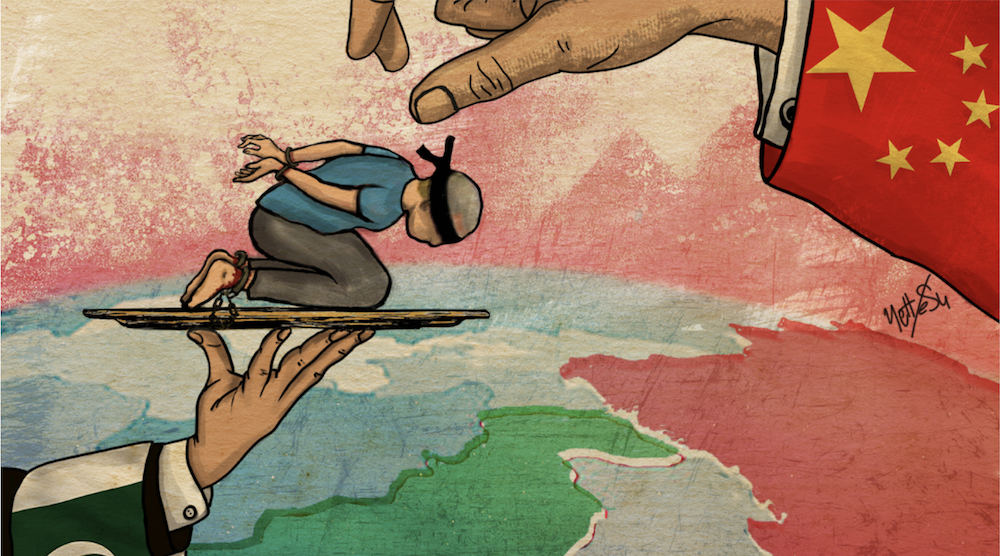 DHARAMSHALA, June 26: Kalon Tripa Dr Lobsang Sangay has told reporters in Australia that it is not the right time now to expect China to start talking with Tibet, while expressing hope that the new Chinese leadership might bring a “new perspective”.
DHARAMSHALA, June 26: Kalon Tripa Dr Lobsang Sangay has told reporters in Australia that it is not the right time now to expect China to start talking with Tibet, while expressing hope that the new Chinese leadership might bring a “new perspective”.
“They are quite busy with their internal matters, including the leadership change,” Dr Sangay who is currently on his maiden visit to the island continent as the political head of Tibet told the Sydney Morning Herald.
Arriving Sunday in Melbourne on his week long visit, Dr Sangay is scheduled to visit Canberra and Sydney seeking support for a peaceful resolution to the growing crisis in Tibet.
However, neither Foreign Minister Bob Carr nor opposition spokeswoman Julie Bishop has accepted offers to meet Kalon Tripa.
“Obviously the Australian leaders ought to listen to the Chinese Government and Chinese leaders, but at the same time, it’s only fair that you listen to other side as well,” Dr Sangay told the press after his arrival.
The Tibetan leader, while acknowledging that Australia and China’s trade relationship makes the Tibetan humanitarian issue a sensitive subject, noted that Tibetans need a “third party to intervene” as the situation in Tibet continues to worsen.
“Australia could intervene and assess the ground reality as to why Tibetans are self-immolating, why they are protesting, why they’re getting shot at,” the 43-year-old Harvard law graduate said.
Former Greens leader Bob Brown, speaking alongside Dr Sangay in Melbourne on Monday, said Tibetans had huge support from Australians while urging foreign affairs representatives on both sides of parliament to reshuffle their schedules ahead of Dr Sangay’s visit to Canberra.
“I think they have their priorities wrong, and they’re not representing how Australians feel about Tibet,” Dr Brown told reporters. “Australians have an enormous support for the Tibetan people in their search for freedom and their wish to be able to moderate their own affairs.”
Speaking to the press earlier today, Dr Sangay said that the ongoing wave of self-immolations in Tibet was one of the few ways for the oppressed Tibetan people to assert their demand for freedom.
42 Tibetans have set themselves on fire since 2009 demanding the return of His Holiness the Dalai Lama from exile and freedom in Tibet.
“It means the situation is not bearable,” Kalon Tripa was quoted as saying by the Sydney Morning Herald. “It’s not just that it’s a desperate act, but also a political act.”
“Peaceful protests, peaceful rallies are not allowed. The statements they leave behind consistently say they want freedom.
“The self-immolations are somehow an assertion of freedom — ‘you can restrain my freedom but I can choose to die as I want’.”
In Melbourne, Kalon Tripa Dr Sangay met with members of the Tibetan community and apprised them of the work undertaken by his administration since taking charge last August.
Dr Sangay also interacted with the Chinese community in Melbourne, many of whom are democracy activists, members of the Tibetan-Chinese Friendship Group, writers and students.









